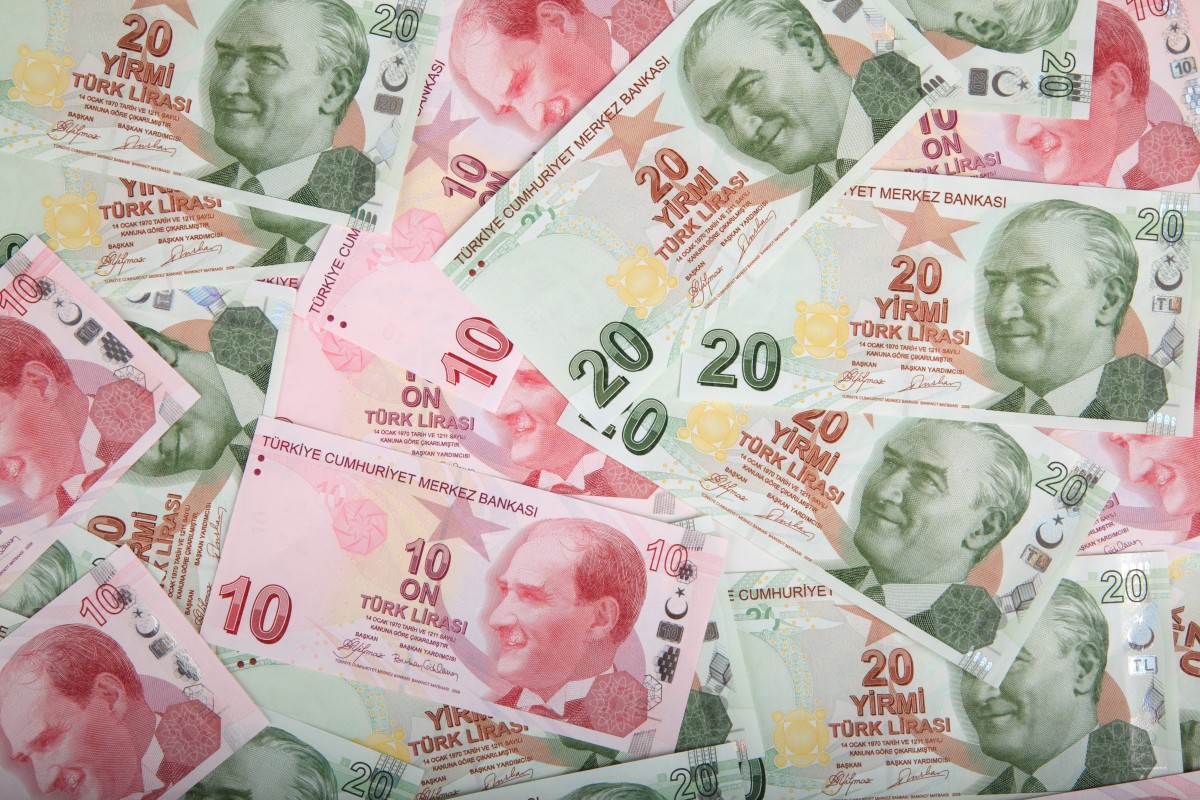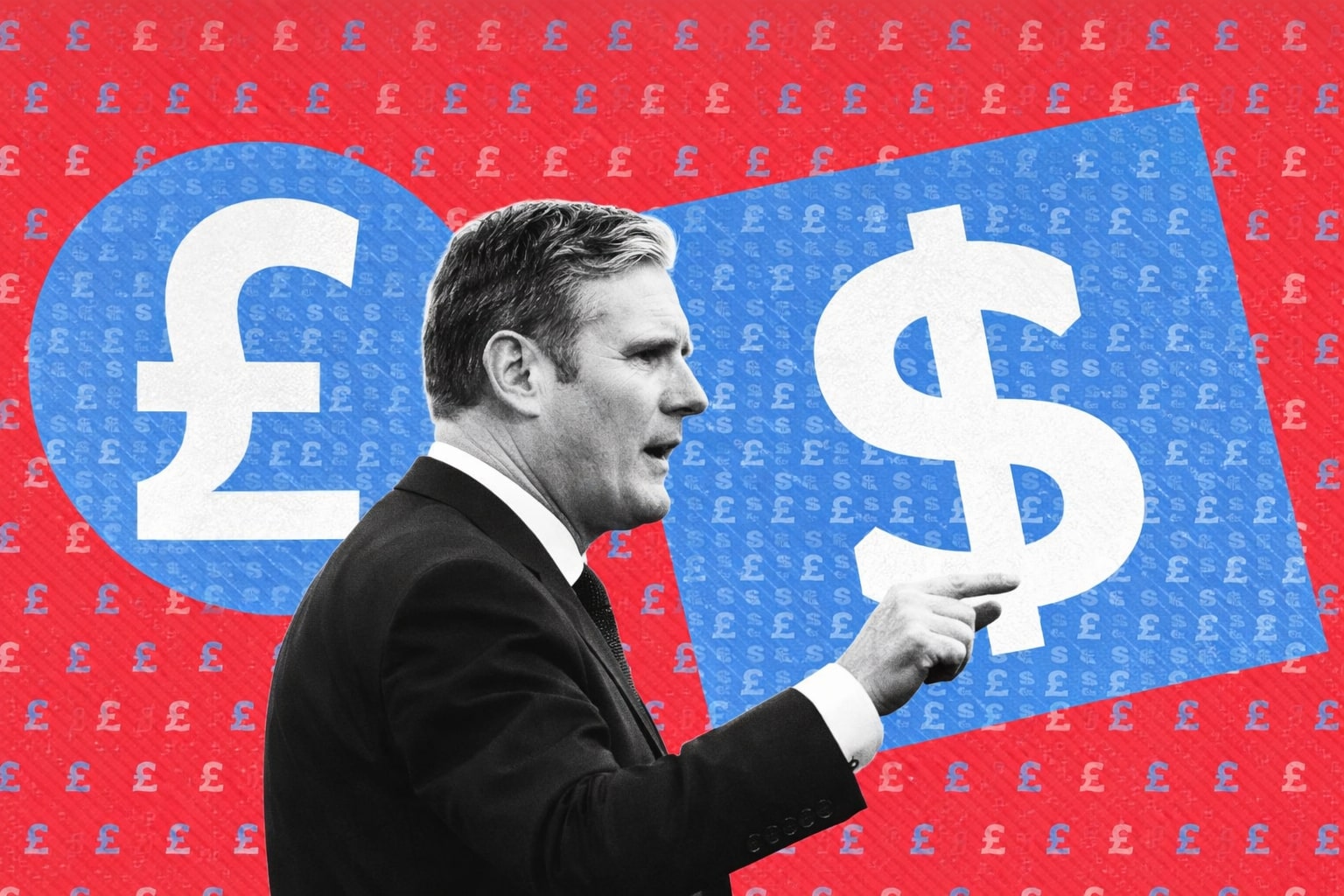
Turkish Lira Plummets to Record Low as Economic Policies Shift
Return of Mehmet Simsek and Potential Appointment of Hafize Gaye Erkan Signal Changes in Turkey's Central Bank and Financial Landscape
Turkey’s national currency, the lira, took a deep dive, plummeting by 7% to hit a record low, marking its largest daily decline since the historic crash of 2021. This drastic decrease came in the wake of the newly elected government seemingly abandoning measures previously used to stabilize the currency, in favor of more traditional economic policies. The lira has been in a tight spot ever since President Tayyip Erdogan was re-elected on May 28, depreciating to a record low of 23.16 against the dollar, culminating in losses exceeding 19% this year.
President Erdogan, having recently taken the helm of power once again, introduced his fresh cabinet and appointed Mehmet Simsek, an ex-deputy prime minister admired by international investors, as the finance minister. Simsek subsequently announced the need for a return to "rational" economic policies. Observers are now keeping a close watch on the appointment of the new governor of the central bank, expected to replace Sahap Kavcioglu, who formerly endorsed interest rate reductions under Erdogan’s unconventional policies.
Market expert Tim Ash at BlueBay Asset Management highlighted this situation as an instance of policy normalization. In his view, the influence of Simsek’s push for rational policies on the Turkish central bank was clearly visible. This year, the authorities have adopted an involved approach in foreign exchange markets, depleting tens of billions of dollars in reserves to keep the lira stable. Bankers now suggest that a steady depreciation of the lira could enhance market conditions and arrest the decline in central bank reserves.
Pressure from Erdogan, who describes himself as an "enemy" of interest rates, previously led the central bank to cut its benchmark rate from 19% to 8.5% in 2021. This was aimed at bolstering economic growth and investment, but it ignited a record lira crisis and spiked inflation to an all-time high of over 85% last year. The reintroduction of Simsek indicates a strategic shift away from these unusual rate cuts, despite persistent high inflation.
Erdogan is currently contemplating the appointment of Hafize Gaye Erkan, a prominent finance executive in the United States, as the central bank governor. Should this happen, Erkan would become the fifth central bank chief in the span of four years, following the removal of her predecessors amidst frequent policy alterations led by Erdogan.
Despite their hopes of attracting foreign investors back after a prolonged exodus, Turkish authorities have been advised that Erdogan has previously opted for conventional policies, only to reconsider shortly thereafter. According to Paul McNamara, director of emerging market debt at asset manager GAM, Turkey’s journey towards a sustainable economic path, devoid of political intervention, is likely to be turbulent, potentially involving significant devaluation.
As of now, the lira stands at an all-time low of 23.1 lira to a single US dollar. Such a drastic depreciation in the currency value is indicative of an underlying distrust in Erdogan's leadership and signifies the likelihood of continuing suppression of the country's central bank by Erdogan. Furthermore, it establishes a clear statement from the public
The return of the respected Mehmet Simsek to Erdogan's cabinet as finance minister gave global investors some reassurance. Known for his astute grasp of economic affairs and a voice of reason in Erdogan's administration, Simsek has been a deputy prime minister in the past. His appointment provided a glimmer of hope for a potential shift towards conventional monetary policies that could stabilize the beleaguered Turkish lira. In one of his earliest remarks following his appointment, Simsek underscored the urgent need for economic policies to be grounded in rationality.
The changing dynamics within the Turkish central bank also carry profound implications for the nation's financial future. Sahap Kavcioglu, the central bank governor notorious for orchestrating sweeping interest rate cuts in line with Erdogan's unconventional economic policy, is set to be replaced. Market spectators are keenly observing this development, as they anticipate a significant departure from Erdogan's unique approach to economic policies.
Tim Ash of BlueBay Asset Management reflects on this shift in the Turkish economic landscape, stating, "We are seeing policy normalization play out. I think we are seeing the impact of Simsek pushing the Turkish central bank for rational policy."
Another noteworthy consequence of the depreciating lira is the potential for improved market conditions. According to some bankers, the steady decline of the lira might gradually reduce the need for the central bank to use its reserves for defending the currency. An anonymous forex trader expressed, "The lira is getting closer every day to a level that will not need to be defended with reserves. I expect losses to continue for a while."
Over the years, President Erdogan has held a firm stance against interest rates, referring to himself as an "enemy" of the same. The central bank, complying with Erdogan's pressure, lowered its benchmark rate from 19% to 8.5% in 2021. The aim was to spur economic growth and encourage investments, but the drastic cut ignited an unprecedented lira crisis in 2021 and sent inflation to a 24-year high, soaring above 85% last year.
Simsek's return to the political arena signaled a move away from these unorthodox rate cuts despite the persistently high inflation rate. This shift signifies a change in policy direction, which, despite being expected, was still seen as a necessary reaction to the economic pressures at play.
Considering the replacement for the central bank governor, Erdogan has shown interest in Hafize Gaye Erkan, a high-profile finance executive from the United States. Reports suggest that Erkan, if appointed, would be the fifth person to hold the position of central bank chief in just four years. This high turnover is an outcome of Erdogan's frequent policy adjustments and his penchant for relieving governors who fail to align with his economic vision. Erkan's appointment, it seems, could potentially usher in a fresh perspective and renewed stability to the central bank.
With these changes afoot, Turkish authorities are hopeful of a resurgence of foreign investors after a prolonged exodus. However, market watchers caution against unwarranted optimism.
Read More
-
AMD Stock Price Forecast - AMD at $223: AI GPU Ramp, CES 2026 Catalysts and the Next Move for NASDAQ:AMD
03.01.2026 · TradingNEWS ArchiveStocks
-
XRP Price Forecast - XRP-USD Near $2 as Whales Add $3.6B and ETF Inflows Top $1.18B
03.01.2026 · TradingNEWS ArchiveCrypto
-
Oil Price Forecast: Oil Near $60 Weigh Venezuela Shock Against 3.8M bpd Glut
03.01.2026 · TradingNEWS ArchiveCommodities
-
Stock Market Today - Wall Street Opens 2026; Dow 48,382, S&P 6,858 on Chip Rally, Gold Boom and Bitcoin $90K
03.01.2026 · TradingNEWS ArchiveMarkets
-
GBP/USD Price Forecast - Pound Tests 1.35 as BoE Caution Meets Soft US Dollar
03.01.2026 · TradingNEWS ArchiveForex


















